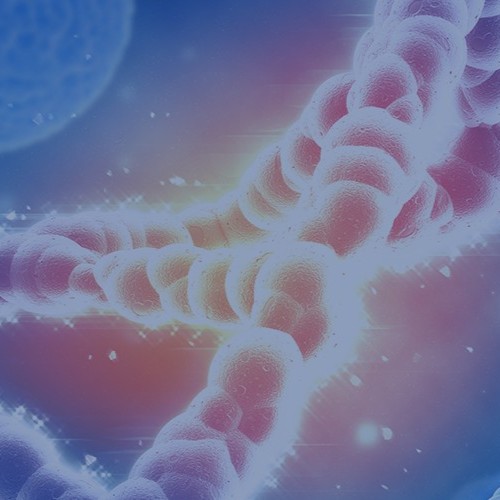CD112R belongs to the poliovirus receptor (PVR) family of inhibitory receptors and was initially known as PVR-related Ig domain (PVRIG). Human CD112R is a 36kDa single-pass transmembrane protein, consisting of a transmembrane region, a long intracellular domain, and an extracellular immunoglobulin variable-like (IgV) domain.
CD112R (PVRIG) is commonly expressed on natural killer (NK) cells and T cells. It binds to its ligand (CD112 or PVRL2/nectin-2), dampening the response intensity of T cells and NK cells against tumor cells. Therefore, CD112R is considered a novel immune checkpoint with great potential in cancer immunotherapy. High levels of CD112 expression are associated with tumor progression and poor prognosis in most cancer patients. Currently, CD112R inhibitors have been validated in clinical trials with cancer patients, making CD112R a promising target.
Clinical results indicate that CD112R blockade agents can serve not only as an adjuvant therapy but also as a viable alternative standalone treatment. With further research into the modulation of immune responses mediated by CD112R/CD112, optimized combination strategies involving CD112R blockade agents for cancer patients will be beneficial for a broader range of individuals with cancer.















